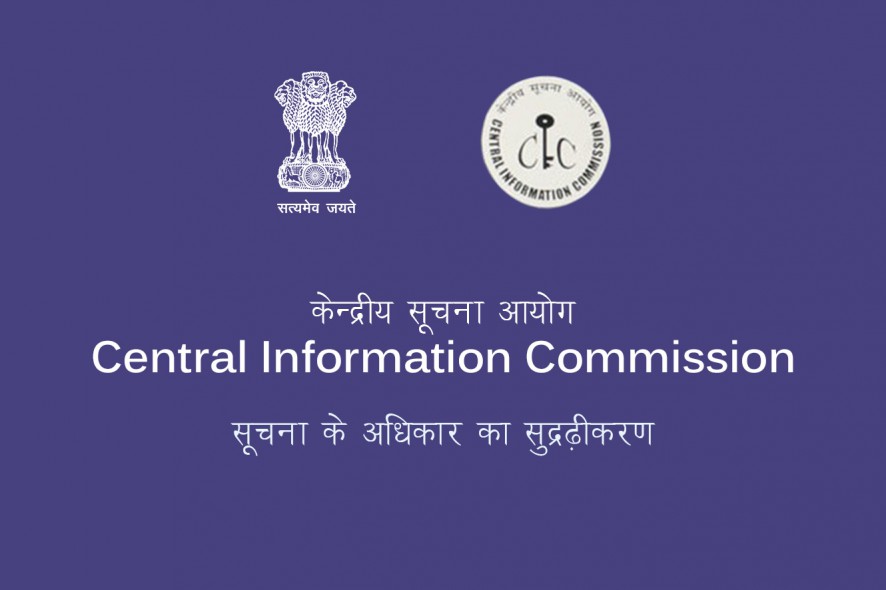Central Information Commission (CIC): CIC has rejected an appeal where the appellant requested the CPIO of Sarva Haryana Gramin Bank, Rohtak, to disclose to him the steps taken and details of proceedings in a complaint he had filed against the bank’s manager.
The appellant requested for the following details under the RTI Act:
i. Whether enquiry has been initiated on the said complaint,
ii. Copy of order appointing an enquiry officer,
iii. Details of the report submitted by the enquiry officer.
The appellant submitted that the response provided to him by the CPIO was not satisfactory as he had asked not just for the report of the enquiry officer, which was provided to him, but also documents pertaining to the course of the enquiry, including depositions made by customers about the conduct of the manager to the enquiry officer.
The CPIO contended that the statements by the customers and villagers consisted of personal information relating to a third party and had hence been accordingly denied under Section 8(1)(j) of the RTI Act, which reads:
“Notwithstanding anything contained in this act , there shall be no obligation to give any citizen information which relates to personal information the disclosure of which has no relationship to any public activity or interest , or which would cause unwarranted invasion of the privacy of the individual unless the Central Public Information Officer or the State Public Information Officer or the appellate authority, as the case may be, is satisfied that the larger public interest justifies the disclosure of such information.”
The Commission relied on the Supreme Court’s judgment in Girish Ramchandra Deshpande v. CIC, (2013) 1 SCC 212 where the Court held that details recording proceedings of disciplinary enquiries were personal information, outside the ambit of the RTI Act as follows:
“The performance of an employee/officer in an organisation is primarily a matter between the employee and the employer and normally those aspects are governed by the service rules which fall under the expression “personal information”, the disclosure of which has no relationship to any public activity or public interest. On the other hand, the disclosure of which would cause unwarranted invasion of privacy of that individual.”
Hence the Commission was of the view that the information solicited by the appellant was of a private nature, protected under Section 8(1)(j) of the RTI Act and disclosing the same would not cause any public good, hence the appeal was dismissed. [R.N. Kapur v. CPIO, Sarva Haryana Gramin Bank, Head Office, Rohtak, 2018 SCC OnLine CIC 310, decided on 17-05-2018]




This is Pathetic. Does it mean that if the complaint is lodged against a delinquent public officer along with the relevant evidences, the complainant does not have any right to know what is the final action taken against the accused officer. This is only breed corruption.
In reality the inquiry officer colludes with the accused officer and make settlement between them thereby dilutes the investigation.
It is the fundamental right of the complainant to know about the punishment or action taken agains the public officer. what are the reason given in the final order should also be known